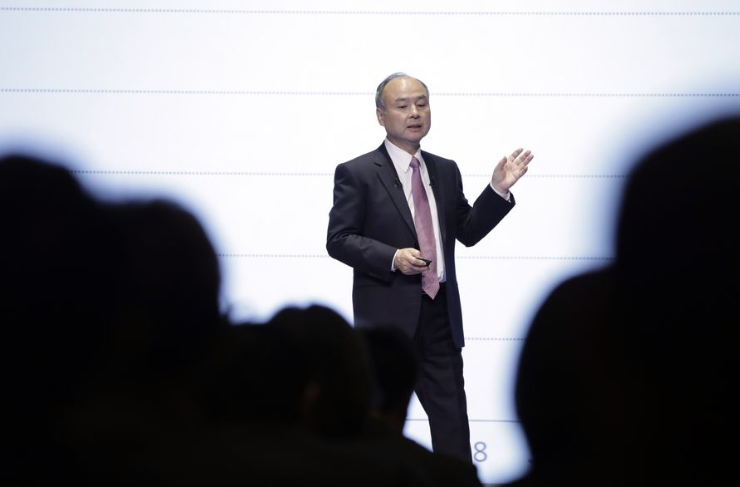Bernstein Analyst Says Masa May Have “Last Laugh” With SoftBank’s WeWork Investment
Seemingly unaware that everybody in the world is already laughing at SoftBank’s disasterous “investment” in WeWork, one Bernstein analyst believes that Masayoshi Son is going to have the “last laugh”.
Bernstein’s Chris Lane says that he believes WeWork can still have a bright future if SoftBank is able to overhaul the business plan (isn’t that true for any business?). Lane says the company should focus on the corporate office market and likens WeWork’s model to Starbucks, where its branding and global scale can give it an advantage, according to Bloomberg.
He believes the company can achieve profitability by pulling back on “extraneous areas” and slowing its expansion to focus on its existing space. He thinks this will lead to the company being able to grab 8% of an emergent market for pre-fitted offices for corporate clients.
Lane wrote in his report: “We think investors should think of the basic business as being similar to Starbucks. While profitable, the scale of profits that can be generated from a single site is small. Starbucks as a corporation only makes sense if you plan to open thousands of outlets.”
Lane spoke to management and says he thinks there’s an opportunity for WeWork to move beyond the niche of selling office space for entrepreneurs and onto offering flexible real estate for a broad range of companies. Hilariously, he is referring to it as “managed space as a service” and thinks WeWork can make $500 per month on memberships as an “ongoing annuity”.
We used to just call this “being a landlord”.
Lane is also confident in WeWork’s new management:
SoftBank named Marcelo Claure, the former chief executive at Sprint Corp., executive chairman of WeWork and put him in charge of the turnaround effort. Under his leadership, Lane says the company will be able to focus on profitability by stopping any incremental expansion, filling its existing space and slashing overhead by getting rid of expansion staff and non-core businesses. WeWork’s ability to gather data about office-use and optimize layouts — while not entirely substantiated — could prove disruptive to the industry, he added.
He estimates that WeWork’s revenue will rise to $1.5 billion per quarter, up from $720 million a quarter, if it can push occupancy to 90% on its current portfolio. He predicts the company will once again try to go public, but not until 2023. He thinks the company could have an EV of $28.8 billion by 2025, which would make SoftBank’s stake worth $19.1 billion.
Lane concluded: “We believe WeWork’s valuation is justified if you believe in the long-term, ‘office space’ will be a managed service outsourced to professionals – and that WeWork will be the leading global player. Despite the huge embarrassment WeWork has been for SoftBank this year, we suspect SoftBank will have the last laugh when they bring the company back to market in a few years – bigger and profitable.”
We’ll believe it when we see it.
Recall, after SoftBank’s initial investment in WeWork, the company started chasing its losses and re-invested in the company months ago. WeWork’s shares are down about 30% from their peak and the $14 billion Softbank has invested has been decimated – WeWork is now valued at less than $8 billion.
Tyler Durden
Fri, 12/06/2019 – 18:25
via ZeroHedge News https://ift.tt/2OVJzFy Tyler Durden
